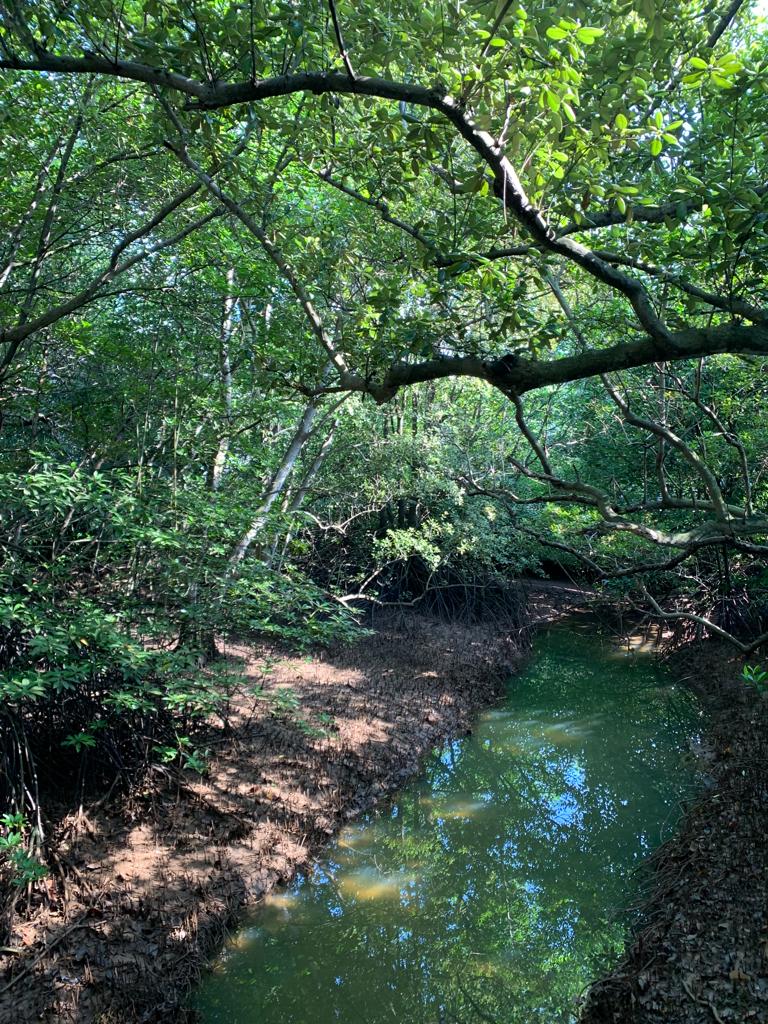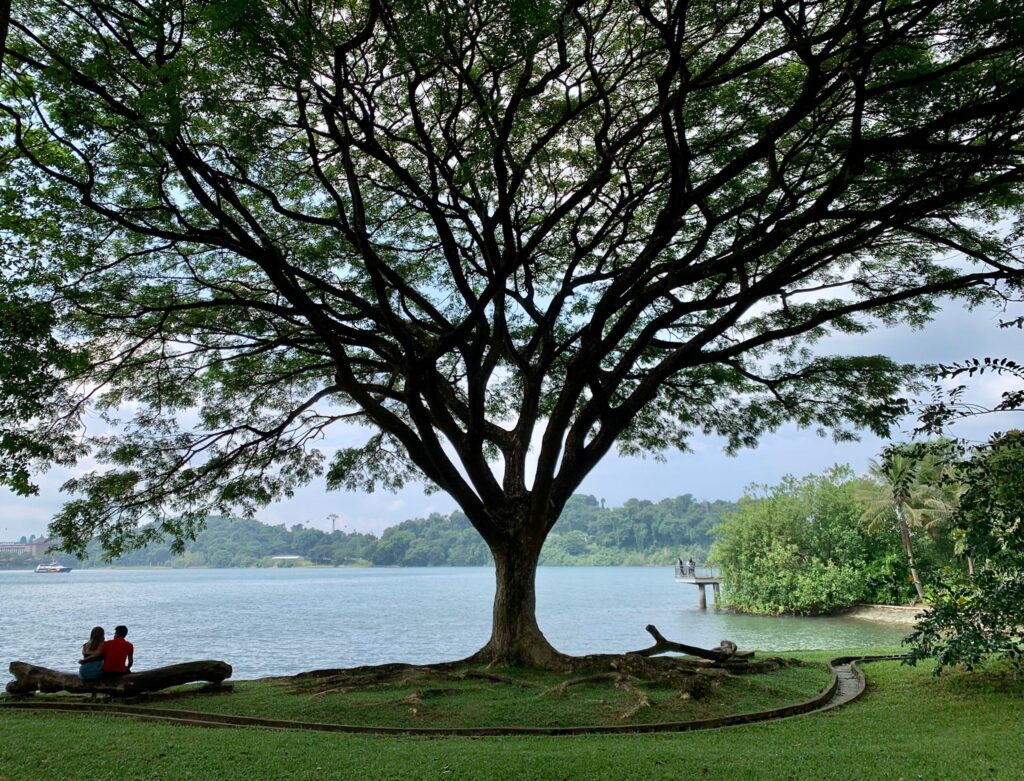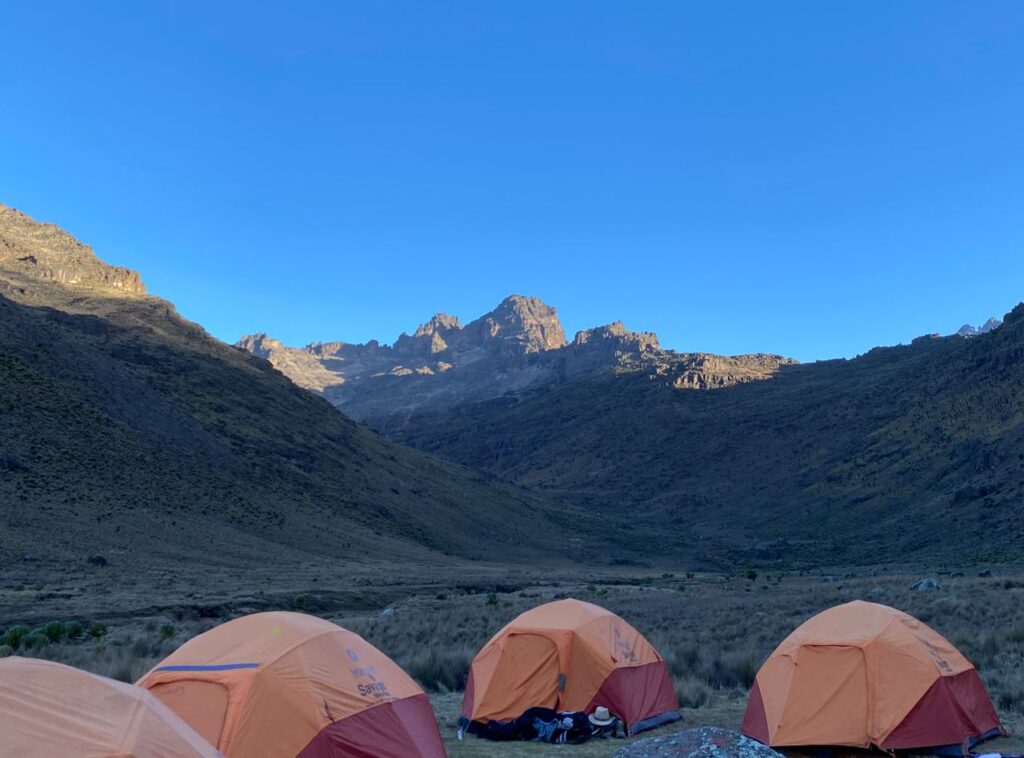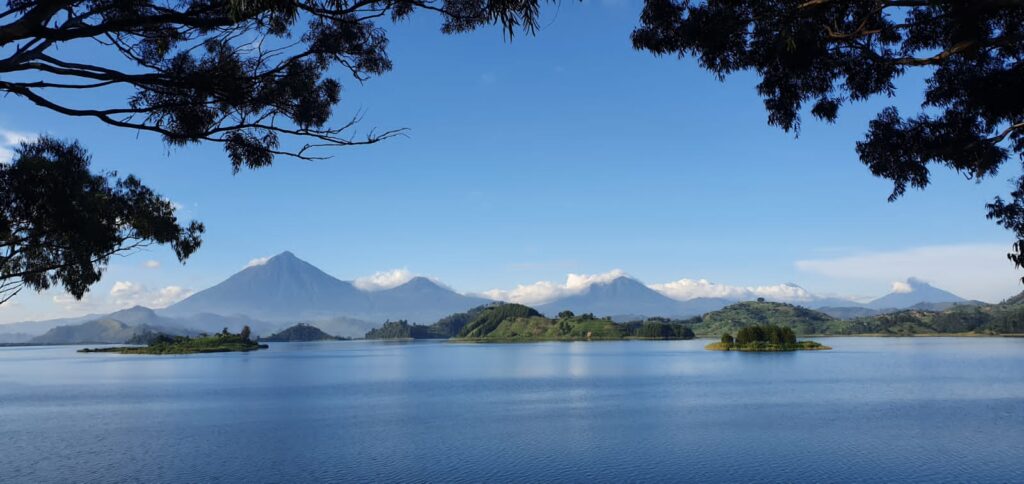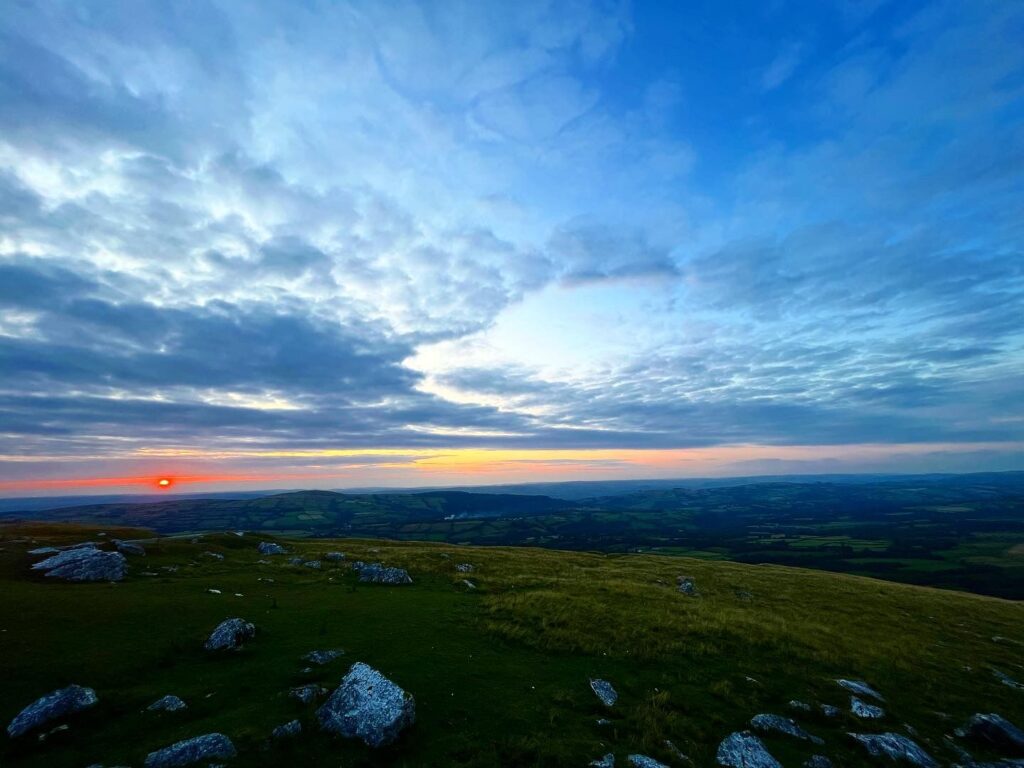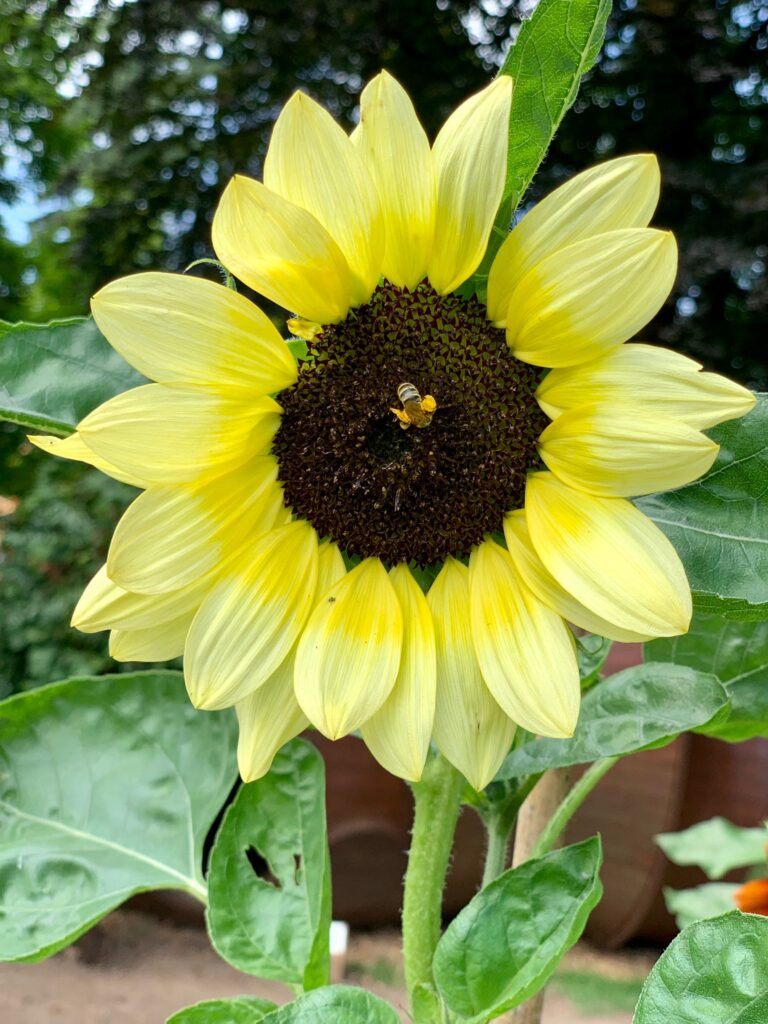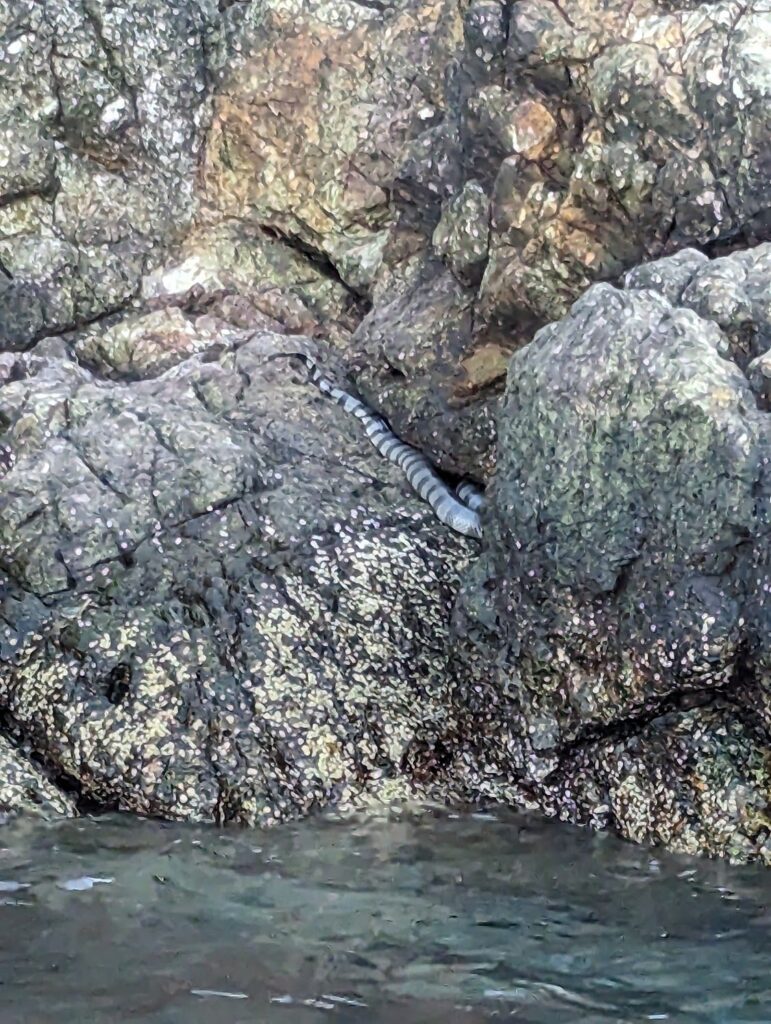“You might think about your inner mood as being like the weather. If you are playing a game of tennis in a sunny, lightly breezy day, its completely different from playing it on a rainy, very windy day. We can usually shift ourself at least partially toward a better mood if we try, and this then affects everything for the better”
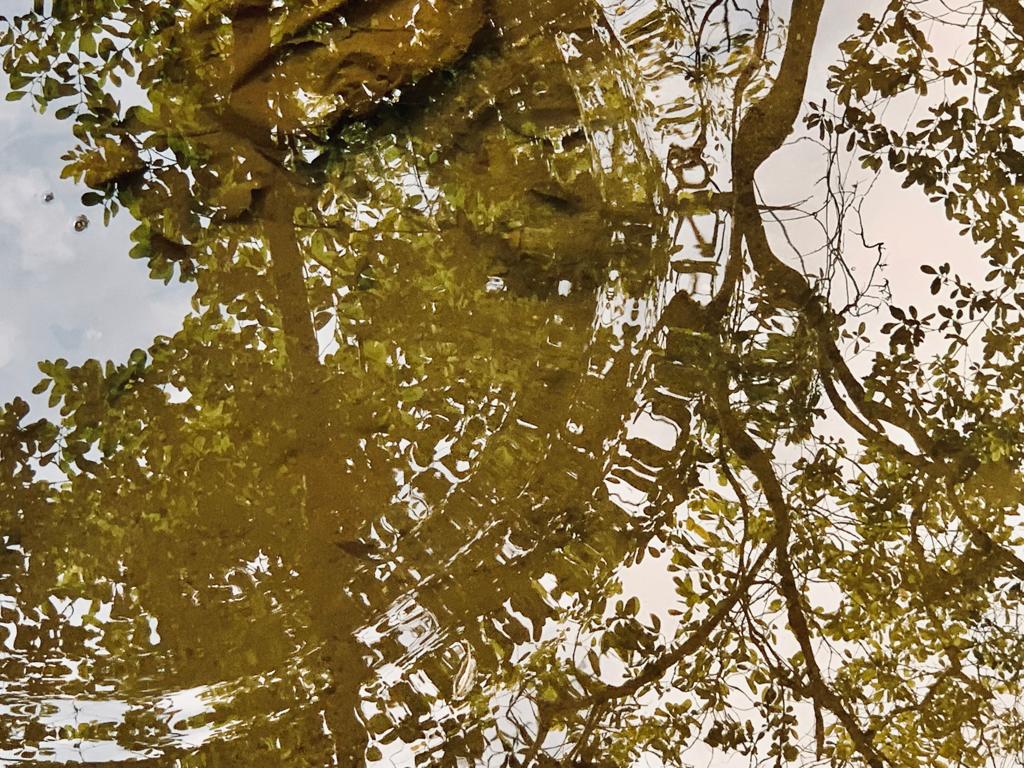
Dear Integral Meditators,
This week’s newsletter slightly early, and has three things in it:
- Firstly, an article on the importance of mindfulness around your mood.
- Secondly if you are interested in meditation sound technology, I have been using I-awake for many years now. They have some great products, and they are all on a 30% off Labour day sale until 4th September (US time). This technology is also a great way to help change the mood and ambience of your life for the better!
- Thirdly, beneath the article you can find all the courses and workshops for September, quite an exciting line-up, starting with the Qi gong workshop on the 9th September!
In the spirit of mood & atmosphere,
Toby
Now Live: iAwake Labor Day Weekend Sale
From August 31 – September 4, 2023, we are holding our annual Labor Day Weekend Sale, one of our biggest sales this year. This sale features 30% OFF on Digital Tracks and 25% OFF on CDs + Digital. Check out our catalog and take advantage of this annual opportunity to receive huge discounts on iAwake tracks and add to or complete your iAwake toolkit.
Discount Coupon Code for DIGITAL (30% OFF): IAWAKELABOR2023
Mindfulness of mood & atmosphere of your life-story
When trying to improve our daily experience through mindfulness quite often peoples focus is upon
- Focusing better
- Thinking more positively
- Thinking less
- Relaxing more
These are all noble pursuits of course, but what I find often gets missed is attention to the mood and the inner atmosphere that we do things. If you think about it our mood is very important. For example, if your mood is habitually anxious and fearful then this naturally
- Interrupts your focus
- Makes it difficult to think positively
- Creates low-grade mental busyness/ habitual overthinking
- Makes it tough to relax
In my classes and coaching recently, one of the things that I have been emphasizing to students and clients is awareness of their habitual moods, and deliberately moving them toward a lighter more benevolent inner atmosphere. For example, if having noticed our inner mood in the moment we then direct it towards a combination of
- Curiosity & playful inquisitiveness
- Warmth & care
Then if we can establish that as an atmosphere in our body-mind, it then starts to colour our daily experience and activities
- Warm & curious atmospheres are easy to build relaxed-focus in
- Its natural and quite easy to think positively
- We feel less compelled to think all the time
- Activities just ‘feel’ naturally more enjoyable
The weather you are playing the game in
You might think about your inner mood as being like the weather. If you are playing a game of tennis in a sunny, lightly breezy day, its completely different from playing it on a rainy, very windy day. We can’t always completely control our mood, but we can usually shift ourself at least partially toward a better mood if we try, and this then affects everything for the better.
Playing with moods therapeutically
In my article last week on Therapeutic mindfulness I outline six practices which might also be thought of as ways of creating inner moods that are both strengthening and healing:
- Grounded & sensory
- Safety & non-emergency
- Warmth & compassion
- Appreciation
- Curiosity & courage
- A sense of being supported
All of these are possible moods that you can cultivate. Of course, there are many more that you could choose to focus on, according to your needs and inclinations. It’s something to have fun cultivating!
If you enjoy this article, you might enjoy the upcoming Therapeutic mindfulness course beginning on 26/27th September!
Related article: Mindful of your moods, emotions and dispositions
© Toby Ouvry 2023, you are welcome to use or share this article, but please cite Toby as the source and include reference to his website www.tobyouvry.com
All upcoming classes and workshops at IMA:
Ongoing – Weekly Tuesday, Wednesday Online class schedule
Ongoing on Wednesday’s, 7.30-8.30pm – Wednesday Meditation for stress transformation and positive energy with Toby (Bukit Timah)
Ongoing on Tuesday evenings, 7.30-8.30pm – Tuesday Meditation for stress transformation and positive energy with Toby (East Coast)
Ongoing Tues/Weds in August/Sept – The Wisdom of Awakening Series: Meditations for developing wisdom around inner-growth, happiness & fulfillment
Saturday August 26th, 9.30-11.30am – Monthly Qi Gong & Taoist Breathwork Clinic & Mini-retreat
Saturday Saturday 9th September, 9am-12.30pm – Qi Gong for Improving your Health and Energy Levels and for Self-Healing
Wednesday 20th September, 7.30-8.30pm – Autumn Equinox balancing & renewing meditation
Starting Tues 26th & Weds 27th September – Re-discovering your inner vitality & joie-de-vivre – An introduction to integrative therapeutic mindfulness & meditation
Saturday 30th September & Sunday 1st October, 9.30am-1pm – Meditations for connecting to the Tree of Life, and growing your own personal Life Tree
Saturday October 7th, 9.30-11.30am – Monthly Qi Gong & Taoist Breathwork Clinic & Mini-retreat
Saturday & Sunday October 28th & 29th – Integral Meditation Two Day Retreat
Tues/Weds Oct 31st, Nov 1st – Seasonal class: Samhain – Healing the wounds & receiving the gifts of our ancestors
Tues/Weds Nov 14th/15th – Seasonal class: Deepavali -connecting to your inner light
Integral Meditation Asia
Online Courses * 1:1 Coaching * Books * Live Workshops * Corporate Mindfulness Training *Life-Coaching * Meditation Technology
